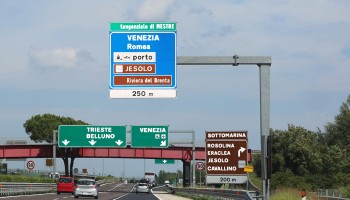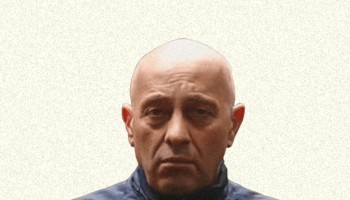Peruvian authorities originally sentenced Jakšić after he was apprehended by National Police in 2016 while attempting to smuggle 800 kilograms of cocaine out of the country.
Media reports state that a court of appeals later voided his conviction and granted the drug trafficker a retrial after determining that the original proceedings had not been impartial.
The judge in Jakšić’s first trial had reportedly already been involved in the case in a different capacity, which was ruled as a violation of due process.
His retrial is understood to have begun on January 18 and was conducted entirely via Google Meet. Eight co-conspirators apparently also received sentences, ranging from 15 to 35 years in prison.
One of the leading members of the Group America syndicate, itself the subject of a multi-year investigation published by OCCRP in 2020, the Serbian crime boss had been on the run for years before his 2016 arrest, using more than 40 different identities to evade authorities in multiple countries.
His efforts to fly under the radar worked so well, in fact, that Peruvian authorities didn’t initially realise just who it was they had apprehended.
Jakšić was first incarcerated in Miguel Castro Castro prison, where he enjoyed a surprising degree of freedom behind bars.
When OCCRP journalist Pavla Holclová disguised herself as a sex-worker to obtain an exclusive interview with the international drug trafficker in 2017, she found that he was able to obtain whiskey, and that he frequently entertained multiple prostitutes without any trouble from the guards.
He also enjoyed access to classical literature and canonical works of philosophy, of which he is reputedly an impressive aficionado.
Group America’s co-leader didn’t just exhaust legal options in his efforts to leave prison.
The group reportedly also teamed up with the notorious Sinaloa Cartel to spend US$500,000 constructing a 230-meter escape tunnel under the Castro Castro prison that would have led Jakšić and several other drug traffickers from Mexico, Colombia and Peru to freedom.
Police eventually discovered the tunnel, but not before Jakšić had already been transferred to another facility.






